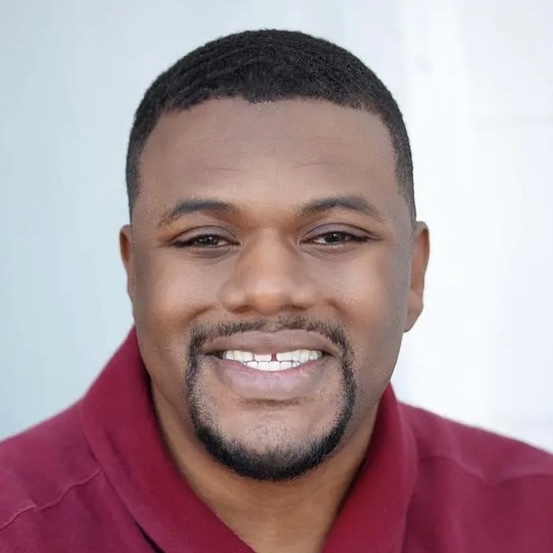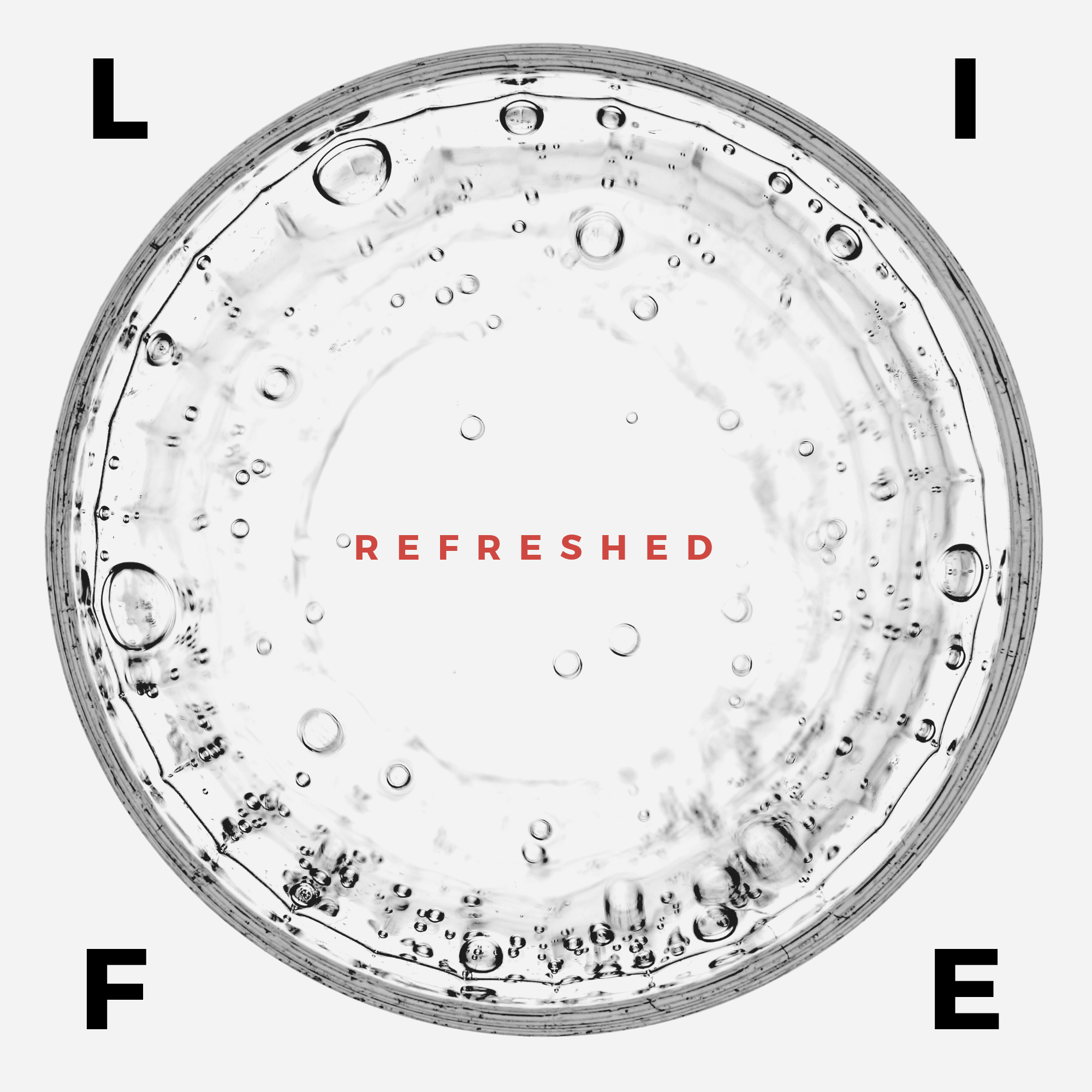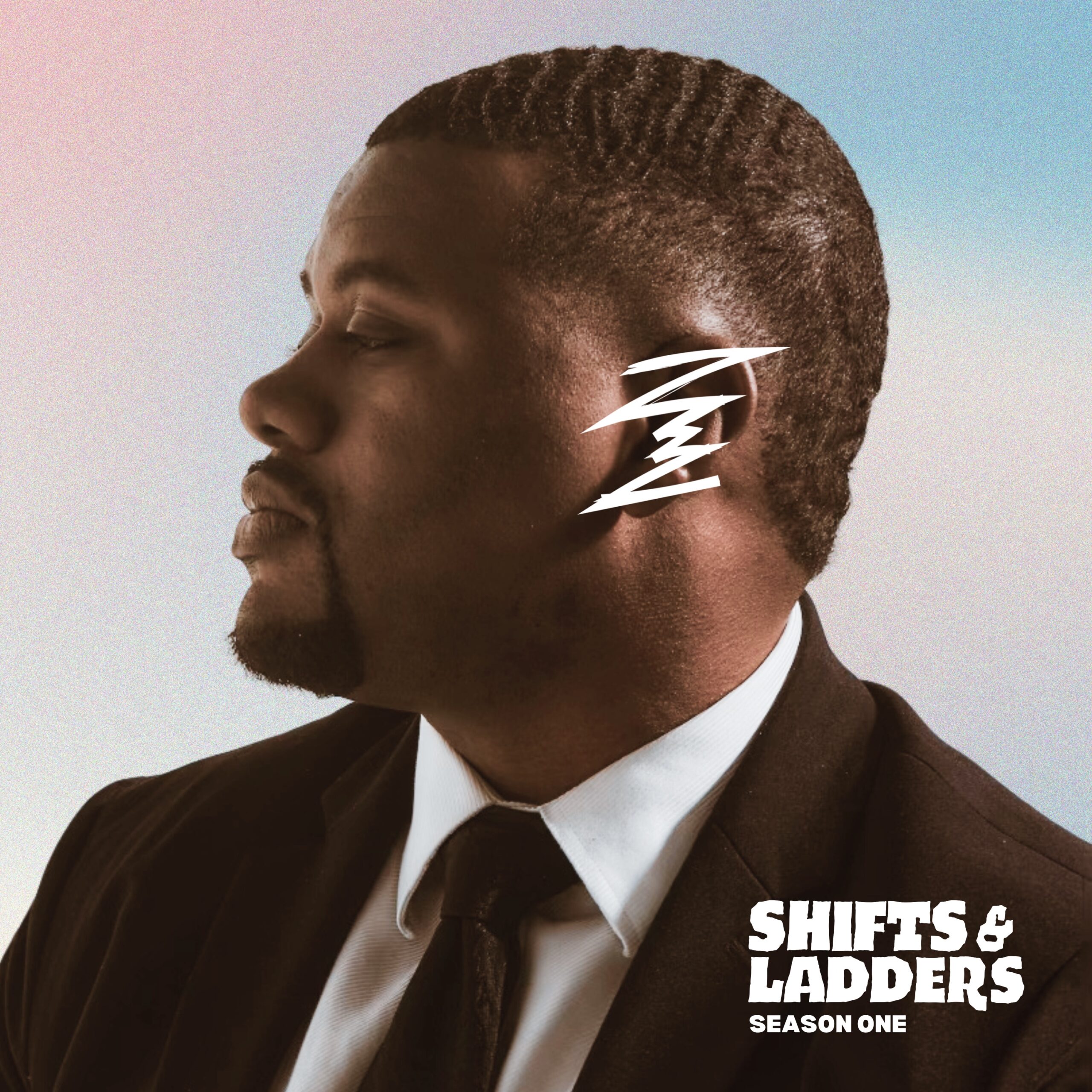Episode Transcript
[00:00:00] This one thing, y'all, keeps us from actually moving forward and keeps us stagnant right where we are.
[00:00:32] Ladies and gentlemen, welcome back to Life Refresh podcast. You know who it is. This is Ryan. I'm excited to bring this to you. And this is something I really believe, that whether you are a business owner, whether you are a spiritual leader, or whether you are just a normal person just living their life every day, that this will actually be valuable to you. So if you haven't yet share this podcast, subscribe to it, whether it be on YouTube or whether it be on social or social podcast, Spotify, Apple, whatever the case may be, there is a book that is written over the last several years that many people, I would say, ignored, really. This, it is written by one of the great business writers of probably the last decade or so called. His name is Jim Collins. He wrote from good to great and built to last. And some of those books that many have really anchored their experiences and growth and development to.
[00:01:46] But there's the third book that he wrote, and the third book didn't do as well as all the other books that he had written. Now, what's crazy about it is these books are all probably on the shelves of many of those who are business leaders. I have some of these books, actually, there's only four of the books that he wrote, and I have a lot of them. Read them both. And I read them all, excuse me. And I realized that there's some great books, but the book that he did not, did not do well is called how the mighty fall. And I don't think anybody really wants to know how the mighty fall when you're going from good to great and built to last. It just didn't have the most positive connotation to it. And again, the COVID of the book was black. So again, it just basically said, you know, black is like death, you know? So the, the book talks about really the growth as well as the death of many of the darlings, they call, of Wall street. So we're talking about blockbuster. We are talking about Kodak, for example. There are some of these, these organizations from the early two thousands that were the, again, the, the, you wanted to make sure that you were a part of their growth because essentially their growth was going to amount into a lot of money for you. Come on, somebody. So if you held their stock, was a stockholder. You were always wanting to know how those companies in many cases were doing. And the, the precipice that, or the, the content here that Jim Collins brings about, not only serve in a business perspective, but it also serves in a personal perspective. Okay. And one, I'm gonna use both cases. So if you are having a. If you're developing a business in many cases, or even your personal life, I think all of these principles really apply. And I also believe that they have a connection to some biblical experiences and scriptures that I will definitely pull out for you as we're going through. So I'm gonna give two examples here of how many of these companies actually had opportunities to engage in these opportunities that they have. First of all, Blockbuster was presented an opportunity from the owners of Netflix that created a opportunity for them to start learning to scale their business, one being the fact that they had an opportunity to purchase the idea of Netflix, of streaming video at some point or another. So initially, what they did was they started doing the, you know, the DVD's like, if you're. If you're back in the day, they used to sell and put DVD's in the. In the mail for you. So you didn't have to go to a blockbuster, but they were testing a particular model. So what ended up happening is the. The owners of Netflix were saying, listen, pretty soon the speed of which individuals are going to be able to download music, movies, et cetera, is going to grow exponentially.
[00:05:27] So what we're anticipating is that people won't necessarily need to go to a blockbuster to get their.
[00:05:34] Their streaming on or streaming to get their videos or video games. We anticipate that data in homes will now get to a level where you'll be able to send just directly to the home.
[00:05:47] And Blockbuster didn't like it.
[00:05:49] They're like, I know we're gonna still keep with what we have.
[00:05:53] I can say the same thing for Kodak. Kodak actually had patents for digital cameras, but they really thought that at this time, they'd still be locked in and still have people wanting to do the whole developing film thing. Now, all of these things at the time are all good, great, and all necessary at that point in time. But in order to meet these transitions and changes, you actually need to be as nimble and understand that you don't have or know everything that's happening. And this brings me to the first point of Jim Collins book that's called the Hubris. It's called hubris. Let me pull up the actual chart here. It says hubris born out of success. So this is the thing. If you're doing great, there's no need to make changes.
[00:06:48] If your life's good, if work is going fine, if your family's doing great, if your career is taking off, no one wants to mess up what's working.
[00:07:01] Let's be honest with you. No one will find themselves disrupting their own life because everything's going well.
[00:07:08] That doesn't happen usually. Many of us transform our lives because something's not going right.
[00:07:14] But to be able to have hubris, which in many cases is pride. That's what is called pride. And Bible says, pride comes before destruction, a haughty spirit before a fall. We'll put it in the show notes there. But that proverb itself speaks to the fact that you are not willing to let go of what you know to be best for you.
[00:07:37] Therefore, you're just going to hold on to what you have because you don't think what you're going to get is better. Or in fact, let me clean it up a little bit. You know better than God.
[00:07:49] You know better.
[00:07:50] And you know what you probably do? You have a track record that says you've done well. You have millions and millions of dollars.
[00:08:00] You probably know well. But what you don't know is you don't know the future.
[00:08:07] I'm gonna say that again for the people in the back. You do not know the future.
[00:08:15] Therefore, to be able, and you might be able to, it might be okay.
[00:08:21] But to make a decision in a future and design a future based on what you had always been doing, it actually keeps you from actually growing. It keeps you from saying, I might need to get better.
[00:08:39] You just don't know what the future may hold for you.
[00:08:44] Which is why we always have to be nimble.
[00:08:47] Bible says we don't know the day or the hour that Christ will come. It doesn't. It. It clearly does not. It clearly tells you if you can't determine what you're going to do tomorrow. And the thing is, you can best plan for it as you can. You can do your plans, but at the end of the day, what happens will happen, whether you want it to happen or not.
[00:09:10] You have to be able to say, you know what? I don't know. I will take this present moment, but I also need to be in the present, but also looking towards the future. And these are signs, things that were to come.
[00:09:25] We don't see blockbuster anywhere except in movies that are taking place in the nineties. Ladies and gentlemen, I recognize changing is painful.
[00:09:35] It has implications.
[00:09:38] It has. Is disruptive. It is uncomfortable. It is unfortunate.
[00:09:47] Things have to die.
[00:09:50] Things have to shift. Seasons have to end when change happens.
[00:09:57] But I will be the first to tell you that it is necessary.
[00:10:03] There's a book that says, what got you here won't take you there. I can't remember the author of that book, but is based on the implication that you always have to have the life or the mindset of a beginner, always learning, always growing.
[00:10:22] And many of us just get comfortable.
[00:10:25] Yes, get comfortable in what we're in now and just say, this is good for me.
[00:10:34] And in fact, I can tell you that being comfortable is not necessarily biblical.
[00:10:44] God always took different forms.
[00:10:47] What God did in the Old Testament isn't what God did in the New Testament.
[00:10:52] God is a God of yesterday, today and tomorrow. He's in all three things at the same time, but he's always doing something new.
[00:11:01] So if you are looking to do something new in your life, you always have to be looking for it. Because what was old, what was then is then. You can't bring then to now.
[00:11:14] And it be something that everyone loves. Good luck trying to use a flip phone. Not saying we don't have them out there, but good luck using a Nokia phone, the candy bar Nokia phone with snake on it. Some of y'all may remember that. But what I will say is that many of us, those phones won't work anymore.
[00:11:36] Those phones are not designed to work on this kind of network now. Why? Because it's old.
[00:11:42] It doesn't exist anymore. Why? Because they had to make room for what is to come.
[00:11:51] Every company that is growing has a research and development portion of their business. Because not only do they need to maintain operations for the now, they also need to do the work for the future, for the things that are to come.
[00:12:10] If you just have operations and no future state, future state thinking that is happening, you will find yourself in the graveyard of the Kodaks and the blockbusters. Or find yourself in situations where your friends and your family don't want to move around you or be around you, because you refuse to have a different level of thinking when it comes to what's going on in the world. These opportunities come to us to change us and to grow us. But if we refuse to take the opportunity to shift, to change, to morph, to be better, the opportunity for us, for additional growth, we will kill it ourselves.
[00:12:59] You know, we serve a God that goes from glory to glory to glory, which means you can't be the same person going to the same or different levels of glory.
[00:13:09] That'll preach, too.
[00:13:13] You have to be different. You have to grow. You have to build capacity. You have to build new skill. You have to be different and you have to kill the ego.
[00:13:28] You have to kill it.
[00:13:30] Many of us say that there's this acronym for Ego, and it says edging God out.
[00:13:36] Ego edging God out, which means you think you know better, just as I said before. So if you are a business owner and you're not seeing opportunities, we are in this age that's going to affect everything, I believe with, with businesses, with relationships, ministry, all that kind of stuff of AI, artificial intelligence, and because of what it can do is in its early infancy, but it can change the way we do things. But if we're not willing to learn, if we're not willing to navigate, if we're not willing to be a beginner again, we will miss out on opportunities, not just for advancement, but for relationship, because we refuse to do what is necessary to grow.
[00:14:33] It is springtime here in Ohio, and everyone right now is doing what they need to do to get their lawns ready for the summer.
[00:14:45] And as I'm going through what's happening, I'm getting myself and my yard together.
[00:14:54] There's some old stuff from last season that are still around, some dead leaves, some dead plants.
[00:15:05] I have to go through all of that so it makes room for the things that need to grow in this next season of life.
[00:15:15] I've done some stuff I've never done before. I've actually gotten out, fertilized the lawn and all that kind of stuff. I'm proud of myself, you know, some of the necessary things that you need to do as a homeowner, but it's different.
[00:15:29] Why? Because I wanted different results.
[00:15:32] The ground's different, the plants and stuff are the same, but my approach to it, my willingness to grow something new, that's different, my willingness to learn new approaches, that's different.
[00:15:49] So if you want to change your circumstances, whether you are a business owner or a relationship, whether it is your ministry, you have to be different and you have to grow.
[00:16:06] If not, people will grow past you and they won't have anything to talk about.
[00:16:13] And you won't have anything to talk about except the last place you all share together.
[00:16:21] If that's high school, it's high school. If it's college, it's college.
[00:16:27] But seek to do something new.
[00:16:29] And actually this is part one of what it means when the mighty fall.
[00:16:36] There's one more thing we're going to get to. We'll get that to you in the next podcast. But if you haven't, if you know that someone's going to grow from this and need some help, in this area, share this podcast with somebody. I promise you. I promise you that it will really help. And really, in many cases, I pray that it'll give you a different perspective on taking the beginner's approach to life instead of holding on to the hubris of your past success. We'll see you in the next pod. Peace.






